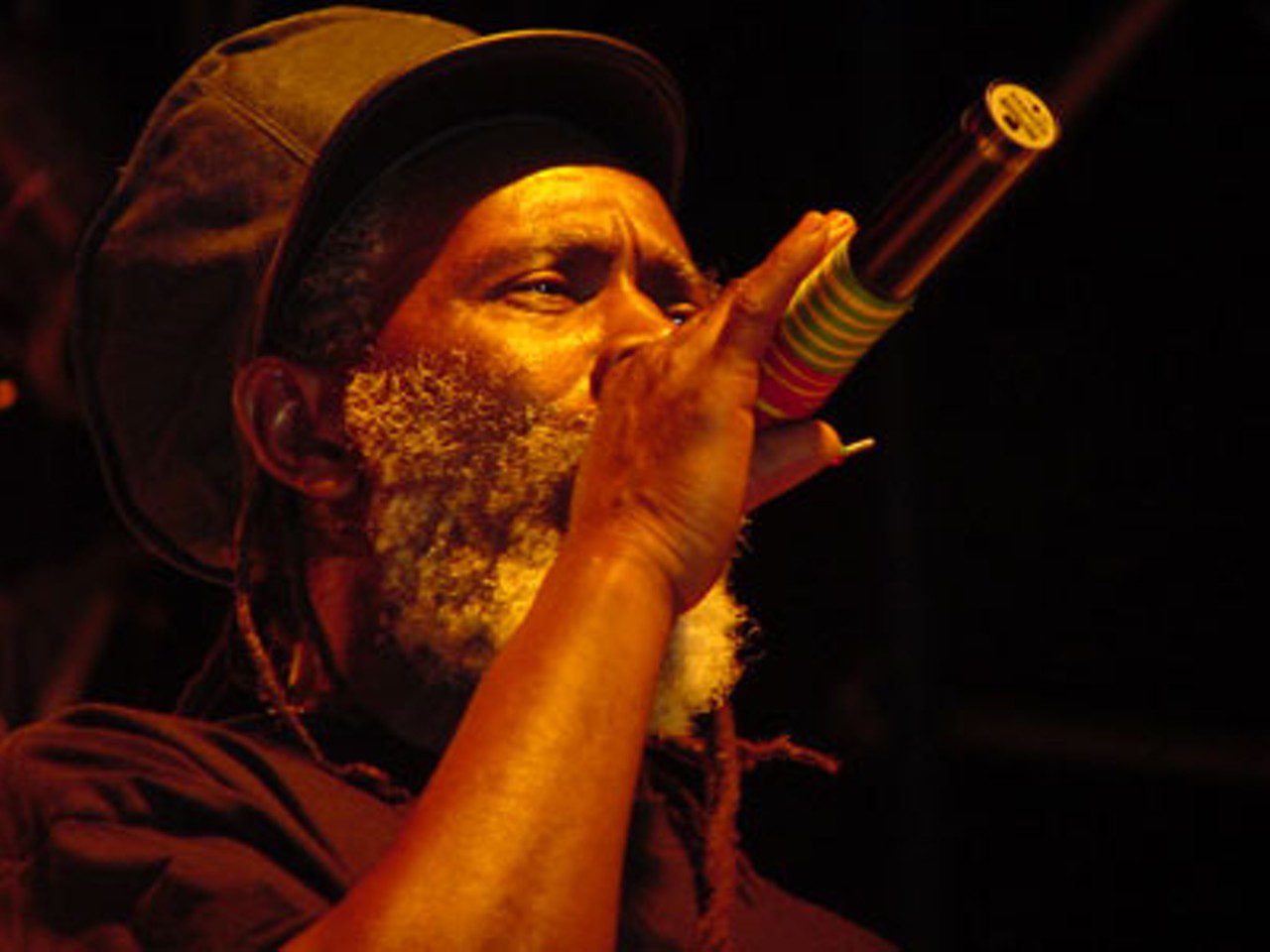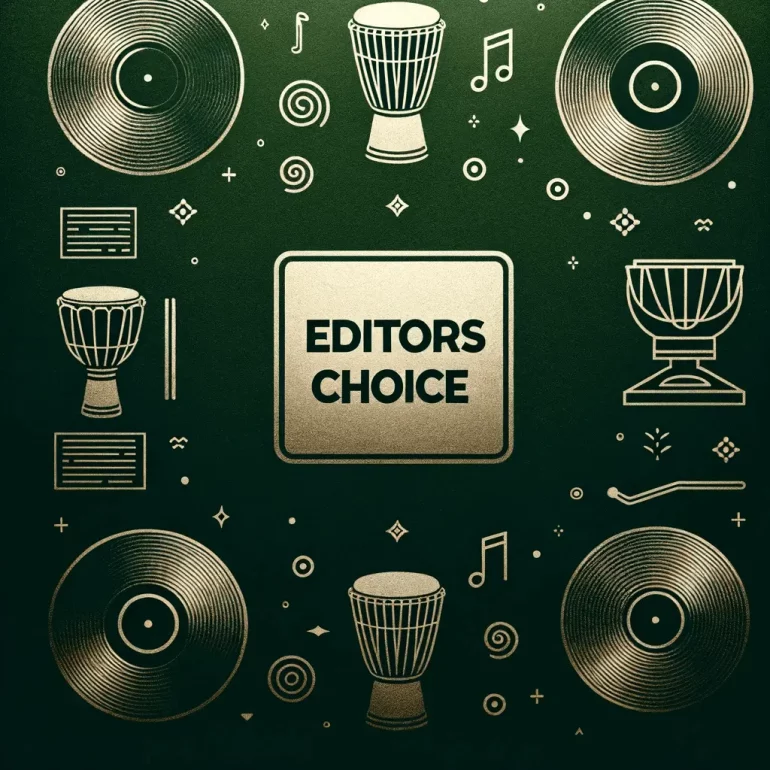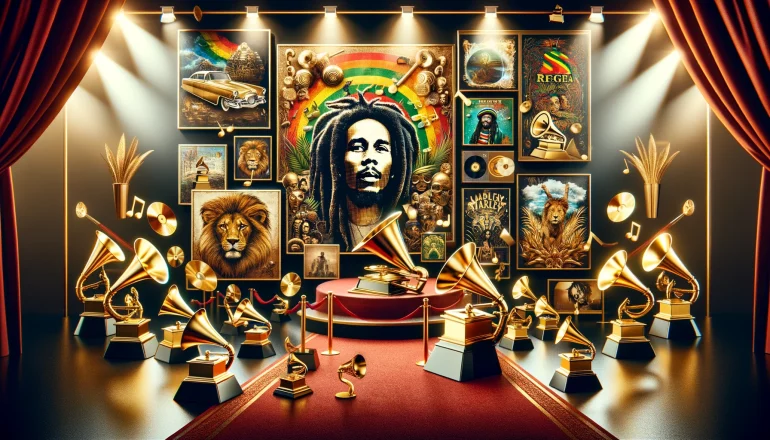-
play_arrow
Radio Reggaeneracija Reggae Radio 24/7
[vc_row type=”in_container” full_screen_row_position=”middle” scene_position=”center” text_color=”dark” text_align=”left” overlay_strength=”0.3″ shape_divider_position=”bottom” bg_image_animation=”none”][vc_column column_padding=”no-extra-padding” column_padding_position=”all” background_color_opacity=”1″ background_hover_color_opacity=”1″ column_link_target=”_self” column_shadow=”none” column_border_radius=”none” width=”1/1″ tablet_width_inherit=”default” tablet_text_alignment=”default” phone_text_alignment=”default” column_border_width=”none” column_border_style=”solid” bg_image_animation=”none”][vc_column_text]We’ve been planning to write a series about reggae music and its icons for quite some time, primarily the living ones, because once they are no longer with us their popularity and career reaches its peak and they are no longer able to see with their own eyes the fruits of their labor, at least not with earthly eyes. Unfortunately, this is not only related to musicians, but also for scientists, heroes and other fighters whose front is always outside its own. At this point in time, it will be written in honor of the spiritual and social rights fighter, Winston Rodney, best known as Burning Spear, which is actually the name of the band in which he is the frontman.[/vc_column_text][/vc_column][/vc_row][vc_row type=”in_container” full_screen_row_position=”middle” scene_position=”center” text_color=”dark” text_align=”left” overlay_strength=”0.3″ shape_divider_position=”bottom” bg_image_animation=”none”][vc_column column_padding=”no-extra-padding” column_padding_position=”all” background_color_opacity=”1″ background_hover_color_opacity=”1″ column_link_target=”_self” column_shadow=”none” column_border_radius=”none” width=”1/1″ tablet_width_inherit=”default” tablet_text_alignment=”default” phone_text_alignment=”default” column_border_width=”none” column_border_style=”solid” bg_image_animation=”none”][vc_column_text]
Who is Winston Rodney?
Winston Rodney is the frontman of the band Burning Spear. He was born on March 1, 1945. while he has been musically active since 1969. when he released his first song for the famous “Studio One” called “Door Peep Shall Not Enter”. Right now, as I write this, I hear the song intro with the opening horns section and whole track keeps on playing while the words echo: “Chant down Babylon”. And I will be so comfortable to say that by this song you can sense the entire career of this great man who carries revolutionary and spiritual aura with him. He has released 34 albums so far, and he has been nominated for a Grammy twelve times, the most prestigious recognition in music for this genre. He won a Grammy twice in his career, the first time in 2000. for the “Calling Rastafari” album and the second time in 2009. for the album “Jah Is Real”.[/vc_column_text][image_with_animation image_url=”2778″ alignment=”” animation=”Grow In” border_radius=”none” box_shadow=”none” max_width=”100%”][/vc_column][/vc_row][vc_row type=”in_container” full_screen_row_position=”middle” scene_position=”center” text_color=”dark” text_align=”left” overlay_strength=”0.3″ shape_divider_position=”bottom” bg_image_animation=”none”][vc_column column_padding=”no-extra-padding” column_padding_position=”all” background_color_opacity=”1″ background_hover_color_opacity=”1″ column_link_target=”_self” column_shadow=”none” column_border_radius=”none” width=”1/1″ tablet_width_inherit=”default” tablet_text_alignment=”default” phone_text_alignment=”default” column_border_width=”none” column_border_style=”solid” bg_image_animation=”none”][vc_column_text]
How it all began?
Before entering Studio One and recording “Door Peep”, Winston was doing lots of things like cleaning clothes/laundering as well as a one-time mechanic role. After that introductory period (and that was before he turned 24), he stopped working and his thoughts were with music. He felt the music inside him and tried to “identify” that feeling within himself. The moment he realized what was in him, he was working on how to express himself.
At one point when he was returning from everyday work, he came across Bob Marley where the two of them discussed various issues, including religion and music. And that’s where Bob Marley played perhaps a key role in Rodney’s life, he said to Winston to go and visit “Studio One” where works an excellent producer that goes by the name Coxsone Dodd. Rodney obeyed Bob, went to the Studio, and the rest is history.
[/vc_column_text][/vc_column][vc_column column_padding=”no-extra-padding” column_padding_position=”all” background_color_opacity=”1″ background_hover_color_opacity=”1″ column_link_target=”_self” column_shadow=”none” column_border_radius=”none” width=”1/1″ tablet_width_inherit=”default” tablet_text_alignment=”default” phone_text_alignment=”default” column_border_width=”none” column_border_style=”solid” bg_image_animation=”none”][vc_video link=”https://youtu.be/Ea4t79nFd9E”][/vc_column][/vc_row][vc_row type=”in_container” full_screen_row_position=”middle” scene_position=”center” text_color=”dark” text_align=”left” overlay_strength=”0.3″ shape_divider_position=”bottom” bg_image_animation=”none”][vc_column column_padding=”no-extra-padding” column_padding_position=”all” background_color_opacity=”1″ background_hover_color_opacity=”1″ column_link_target=”_self” column_shadow=”none” column_border_radius=”none” width=”1/1″ tablet_width_inherit=”default” tablet_text_alignment=”default” phone_text_alignment=”default” column_border_width=”none” column_border_style=”solid” bg_image_animation=”none”][vc_column_text]
About the Burning Spear music
“Burning Spear” was named after a military award given by Jomo Kenyatta, the first President of an independent Kenya. Winston in a 2005 year interview that his music is non-political, that he does not want to have anything to do with politics and mixing music with politics is blasphemy. But that is not exactly the case, not in that context. His music does not sing about the current political situation, but the axis of his music revolves around Marcus Garvey and what Marcus Garvey in his life did was both social and political. (For example, Marcus aspired to establish a black government in Jamaica in those times, and he also founded the “Black Star Line” shipment line, which would, among other things, return African Americans to their homeland – Africa). As one of the greatest figures in black history, Winston wrote a song about the Jamaican hero and prophet Marcus Garvey, which became if not his biggest hit then one of the biggest hits on the self-titled album. And at the time, and it was 1975, along with Marley’s music, it was the first real reggae that wasn’t tra-la-la-I-love-you reggae.[/vc_column_text][vc_video link=”https://youtu.be/72gRlVojuWY”][/vc_column][/vc_row][vc_row type=”in_container” full_screen_row_position=”middle” scene_position=”center” text_color=”dark” text_align=”left” overlay_strength=”0.3″ shape_divider_position=”bottom” bg_image_animation=”none”][vc_column column_padding=”no-extra-padding” column_padding_position=”all” background_color_opacity=”1″ background_hover_color_opacity=”1″ column_link_target=”_self” column_shadow=”none” column_border_radius=”none” width=”1/1″ tablet_width_inherit=”default” tablet_text_alignment=”default” phone_text_alignment=”default” column_border_width=”none” column_border_style=”solid” bg_image_animation=”none”][vc_column_text]This music is inspired by social justice, the spirituality of man, the struggles in the world and of course all the misfortunes of the black man. And you can hear all that in the “Marcus Garvey” song, the horn section, the wailing of the backing vocals, the warning messages, the verses about the betrayal, and then the fulfillment of the prophecies.[/vc_column_text][/vc_column][/vc_row][vc_row type=”in_container” full_screen_row_position=”middle” scene_position=”center” text_color=”dark” text_align=”left” overlay_strength=”0.3″ shape_divider_position=”bottom” bg_image_animation=”none”][vc_column column_padding=”no-extra-padding” column_padding_position=”all” background_color_opacity=”1″ background_hover_color_opacity=”1″ column_link_target=”_self” column_shadow=”none” column_border_radius=”none” width=”1/1″ tablet_width_inherit=”default” tablet_text_alignment=”default” phone_text_alignment=”default” column_border_width=”none” column_border_style=”solid” bg_image_animation=”none”][nectar_single_testimonial testimonial_style=”small_modern” color=”Extra-Color-2″ quote=”“What exactly do you want?“ “I don’t want just to play music, I want to be music.“”][/vc_column][/vc_row][vc_row type=”in_container” full_screen_row_position=”middle” scene_position=”center” text_color=”dark” text_align=”left” overlay_strength=”0.3″ shape_divider_position=”bottom” bg_image_animation=”none”][vc_column column_padding=”no-extra-padding” column_padding_position=”all” background_color_opacity=”1″ background_hover_color_opacity=”1″ column_link_target=”_self” column_shadow=”none” column_border_radius=”none” width=”1/1″ tablet_width_inherit=”default” tablet_text_alignment=”default” phone_text_alignment=”default” column_border_width=”none” column_border_style=”solid” bg_image_animation=”none”][vc_column_text]As I mentioned in the text, Burning Spear has over thirty albums (including compilations), but the first three: Studio One Presents Burning Spear (1973), Rocking Time (1974), Marcus Garvey (1975) plus Hail H.I.M. (1980) and People of the World (1986), are the biggest part and backbone of this reggae icon’s career. And I don’t know what I would highlight out from that many songs that blow me away, but this time I will choose the live performance “We Are Going” in Paris in 1988 (I think there was even a video of this live performance, but we in Montenegro are under the YouTube music embargo and we cannot watch it).
[/vc_column_text][/vc_column][vc_column column_padding=”no-extra-padding” column_padding_position=”all” background_color_opacity=”1″ background_hover_color_opacity=”1″ column_link_target=”_self” column_shadow=”none” column_border_radius=”none” width=”1/1″ tablet_width_inherit=”default” tablet_text_alignment=”default” phone_text_alignment=”default” column_border_width=”none” column_border_style=”solid” bg_image_animation=”none”][vc_video link=”https://youtu.be/5_kSaut6xjY”][/vc_column][/vc_row][vc_row type=”in_container” full_screen_row_position=”middle” scene_position=”center” text_color=”dark” text_align=”left” overlay_strength=”0.3″ shape_divider_position=”bottom” bg_image_animation=”none”][vc_column column_padding=”no-extra-padding” column_padding_position=”all” background_color_opacity=”1″ background_hover_color_opacity=”1″ column_link_target=”_self” column_shadow=”none” column_border_radius=”none” width=”1/1″ tablet_width_inherit=”default” tablet_text_alignment=”default” phone_text_alignment=”default” column_border_width=”none” column_border_style=”solid” bg_image_animation=”none”][vc_column_text]
Movie role that impacted his career
After the first three albums that got reggae audience attention in Jamaica, the event that enchanted Winston Rodney’s career rise was a role in the cult and most famous movie related to this musical branch, “Rockers” (1978). The plot takes place in Jamaica, where Winston sits by the sea and with a joint in his hand next to the main actor Horsemouth and sings an acapella version of “Jah No Dead”. And that spiritual and religious moment, inspired by the love for the Rastafarian King, Emperor Haile Selassie I, raised Winston to the starts and paved his way to greatness where he will be remembered for all time. Just like Marley and other giants of reggae music.[/vc_column_text][/vc_column][vc_column column_padding=”no-extra-padding” column_padding_position=”all” background_color_opacity=”1″ background_hover_color_opacity=”1″ column_link_target=”_self” column_shadow=”none” column_border_radius=”none” width=”1/1″ tablet_width_inherit=”default” tablet_text_alignment=”default” phone_text_alignment=”default” column_border_width=”none” column_border_style=”solid” bg_image_animation=”none”][vc_video link=”https://youtu.be/rhDEC78tuBs”][/vc_column][/vc_row][vc_row type=”in_container” full_screen_row_position=”middle” scene_position=”center” text_color=”dark” text_align=”left” overlay_strength=”0.3″ shape_divider_position=”bottom” bg_image_animation=”none”][vc_column column_padding=”no-extra-padding” column_padding_position=”all” background_color_opacity=”1″ background_hover_color_opacity=”1″ column_link_target=”_self” column_shadow=”none” column_border_radius=”none” width=”1/1″ tablet_width_inherit=”default” tablet_text_alignment=”default” phone_text_alignment=”default” column_border_width=”none” column_border_style=”solid” bg_image_animation=”none”][vc_column_text]
About nowadays music
In the 2005 interview. Winston was asked what he thought about the rise of roots music that was more popular at the time than Dancehall. He said that it was natural for the original musical genre, which is certainly the roots of reggae, to be more popular than the Dancehall sub-genre. But after that interview in the next few years, just like the only reggae festival in our area at the time, the “Echo Festival” (Serbia), the roots music plummeted and the musical taste of the new generation ‘evolved’ into Dancehall music, a music that has more of those pop elements and content related to the material world, as opposed to the spiritual and revolutionary from the roots. But what Winston says, is that the priorities of ‘modern’ musicians are different, that it’s an evolution just like the one that followed when he started his career in 1969.
When he started with music, musicians from that time did not think about money, but how they could play and sing. And then something would grow out of it. But the new generations don’t really have the ‘patience’ or understanding for that kind of musical progression. That younger musicians do not have the will and desire to resist the material world, to stand behind what music should actually mean to them and do the right thing.[/vc_column_text][/vc_column][/vc_row][vc_row type=”in_container” full_screen_row_position=”middle” scene_position=”center” text_color=”dark” text_align=”left” overlay_strength=”0.3″ shape_divider_position=”bottom” bg_image_animation=”none”][vc_column column_padding=”no-extra-padding” column_padding_position=”all” background_color_opacity=”1″ background_hover_color_opacity=”1″ column_link_target=”_self” column_shadow=”none” column_border_radius=”none” width=”1/1″ tablet_width_inherit=”default” tablet_text_alignment=”default” phone_text_alignment=”default” column_border_width=”none” column_border_style=”solid” bg_image_animation=”none”][nectar_single_testimonial testimonial_style=”small_modern” color=”Extra-Color-2″ quote=”“But who am I to tell them what is musically correct and what is not. Sometimes a person that sells meat does not eat meat, but meat is of what he makes his money off. Same thing is with the modern music.“”][/vc_column][/vc_row][vc_row type=”in_container” full_screen_row_position=”middle” scene_position=”center” text_color=”dark” text_align=”left” overlay_strength=”0.3″ shape_divider_position=”bottom” bg_image_animation=”none”][vc_column column_padding=”no-extra-padding” column_padding_position=”all” background_color_opacity=”1″ background_hover_color_opacity=”1″ column_link_target=”_self” column_shadow=”none” column_border_radius=”none” width=”1/1″ tablet_width_inherit=”default” tablet_text_alignment=”default” phone_text_alignment=”default” column_border_width=”none” column_border_style=”solid” bg_image_animation=”none”][vc_column_text]
Family life
Winston Rodney is married to Sonia Rodney. They met in 1975 at his concert in Queens when Sonja was 15 years old and was already a single mother at the time. She found out about him through her sister and so they became good friends. She said that Winston was shy and did not ask for anyone’s attention. They were friends until she came of legal age. They had ups and downs but that sincere friendship kept them going.
As for children, there is not much information on the Internet, the only available information says that Winston’s son Kevin Thompson died of a brain tumor at the age of 35. Burning Spear wrote the song “The Cure” affected by the way he lost his son.
[/vc_column_text][/vc_column][vc_column column_padding=”no-extra-padding” column_padding_position=”all” background_color_opacity=”1″ background_hover_color_opacity=”1″ column_link_target=”_self” column_shadow=”none” column_border_radius=”none” width=”1/1″ tablet_width_inherit=”default” tablet_text_alignment=”default” phone_text_alignment=”default” column_border_width=”none” column_border_style=”solid” bg_image_animation=”none”][vc_video link=”https://youtu.be/I64TFm4zz74″][/vc_column][/vc_row][vc_row type=”in_container” full_screen_row_position=”middle” scene_position=”center” text_color=”dark” text_align=”left” overlay_strength=”0.3″ shape_divider_position=”bottom” bg_image_animation=”none”][vc_column column_padding=”no-extra-padding” column_padding_position=”all” background_color_opacity=”1″ background_hover_color_opacity=”1″ column_link_target=”_self” column_shadow=”none” column_border_radius=”none” width=”1/1″ tablet_width_inherit=”default” tablet_text_alignment=”default” phone_text_alignment=”default” column_border_width=”none” column_border_style=”solid” bg_image_animation=”none”][vc_column_text]
Ongoing battle with the pirate music
What he stands for the most in his career, which is why he protested for many years and did not hold live performances for quite some time, is pirated music. Winston and his wife Sonia, who is probably the biggest initiator of this cause, are leading an aggressive campaign against pirate publishers, claiming that people should be paid for what they do in life because they make a living from it. Some performances were announced in such a way that the organizer would appeal to buy original music from the official store. Pirate publishing houses were selling pirated versions of the Burning Spear albums over the years and damaged Burning Music budget greatly.[/vc_column_text][/vc_column][/vc_row][vc_row type=”in_container” full_screen_row_position=”middle” scene_position=”center” text_color=”dark” text_align=”left” overlay_strength=”0.3″ shape_divider_position=”bottom” bg_image_animation=”none”][vc_column column_padding=”no-extra-padding” column_padding_position=”all” background_color_opacity=”1″ background_hover_color_opacity=”1″ column_link_target=”_self” column_shadow=”none” column_border_radius=”none” width=”1/1″ tablet_width_inherit=”default” tablet_text_alignment=”default” phone_text_alignment=”default” column_border_width=”none” column_border_style=”solid” bg_image_animation=”none”][vc_column_text]Author: Jah Tooth[/vc_column_text][/vc_column][/vc_row]
Written by: reggaeneracija
Burning Spear Coxsone Dodd Jamaica Roots of Reggae Sonia Rodney Studio One Winston Rodney
Similar posts
Post comments (4)
Buy us a Coffee
Follow us on Facebook
Recent Tracks
Burning Spear said
Internet Radio Database
Designed by Swift Leaf Digital Solutions. All rights reserved 2021.





capnhook on May 19, 2022
Here’s the GrassRoots 2010 recording we made. Winston’s son died in July 2010. This GrassRoots show we recorded was one of only two shows he played in 2010. He played a big Central Park NY show two days beforehand, and his son passed away from brain cancer the next day, when Winston was traveling across New York State to GrassRoots #20.
Thank you and big ups for this fine article, Jah Tooth.
Jah provide
capnhook
reggaeneracija on August 21, 2022
Thank you for the information Capnhook, appreciate it very much. Winston is a legend, and thanks for sharding two shows from 2010. Much love!
capnhook on May 19, 2022
Link to the GrassRoots show….
https://archive.org/details/BurningSpear2010-07-24.matrix.flac16
Jah provide
Peter holyk on September 22, 2024
A friend asked me what band played with Burning Spear at the Inntowner Hotel/Bar in Thunder bay Ontario Canada in the 1980’s..any idea?